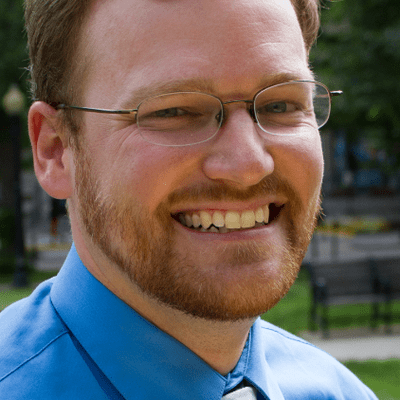Introduction
The six members of the U.S. House of Representative’s Office of Congressional Ethics found “there is substantial reason to believe” that Rep. Aaron Schock, R-Ill., “violated federal law, House rules and standards of conduct,” according to a report report released Wednesday.
The alleged offense? Soliciting more than $5,000 for a super PAC.
While super PACs are legally allowed to raise unlimited sums of money from individuals, corporations and unions, the Federal Election Commission has determined that federal candidates and officeholders may only solicit up to $5,000 for the groups — the same limit that applies to solicitations they make for other political action committees.
In March, Schock wanted to help Rep. Adam Kinzinger, R-Ill., with his re-election bid. Redistricting had pitted Kinzinger against fellow incumbent Rep. Don Manzullo, R-Ill. The new Office of Congressional Ethics report found that Schock and his associates steered at least $115,000 to a super PAC called the Campaign for Primary Accountability, which, in turn, used the funds to air attack ads against Manzullo.
In April, Schock told Roll Call that he personally asked House Majority Leader Eric Cantor, R-Va., to “match” the $25,000 that he was going to “do.”
Cantor’s leadership PAC subsequently donated $25,000 to the Campaign for Primary Accountability, as did the 18th District Republican Central Committee, the local political party committee in Schock’s home district, as the Center for Public Integrity previously reported.
The new Office of Congressional Ethics report notes that Schock’s campaign committee “may have asked” the local party committee to contribute to the super PAC. Schock told the Office of Congressional Ethics that he referred to the contribution from the local party committee as “we” because it was a donation being made from within his district, according to the report.
Schock has denied any wrongdoing. His lawyers have argued that it should be legal for him to solicit another member of Congress for a super PAC contribution in any amount.
Paul S. Ryan, an attorney at the Campaign Legal Center, which filed an FEC complaint against Schock for his solicitation of Cantor, said “the law needs to be enforced.”
“The entire legal theory underpinning the existence of super PACs is that the money they are raising and spending cannot corrupt candidates because they have no relationship with candidates,” Ryan told the Center for Public Integrity. “In reality, we’ve seen in the past few years that many super PACs are joined at the hip with candidates.”
Read more in Money and Democracy
Primary Source
Congress’ youngest member forms leadership PAC
Democrat Patrick Murphy sponsors committee once typically reserved for more elder statesmen
Primary Source
Obama wants your immigration story — and personal data
Organizing for Action nonprofit retains right to collect info for ‘commercial use of any kind’

Join the conversation
Show Comments